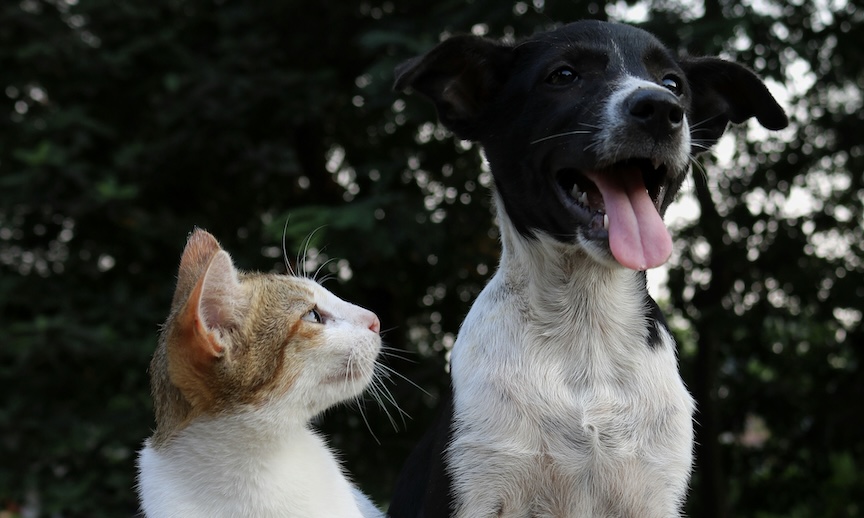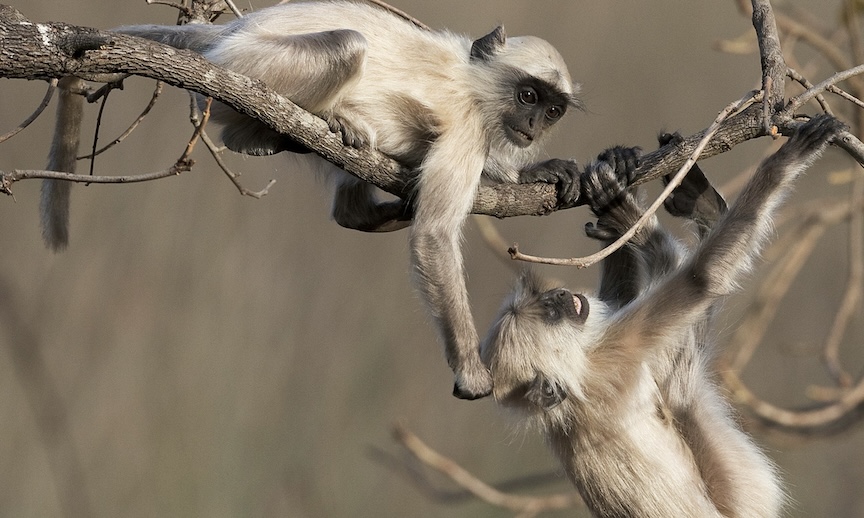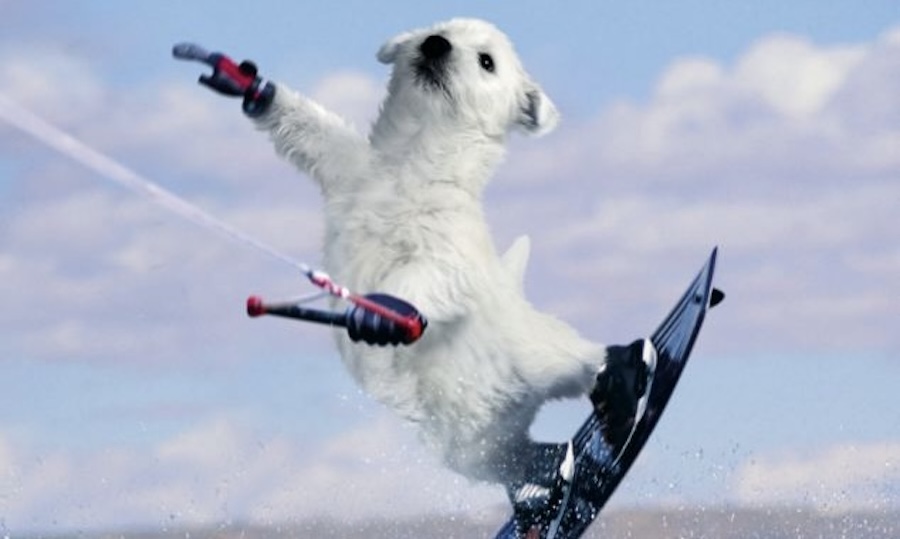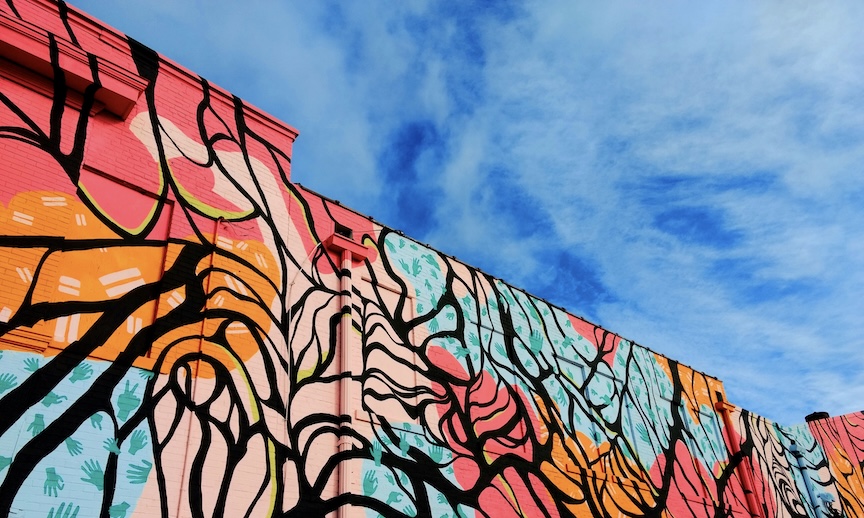KNOWING ME KNOWING YOU
A science article in The Atlantic a few months ago — “How Animals Perceive the World,” by Ed Yong — introduced me to a term I’d never heard before: Umwelt.
Umwelt refers to the particular sensory “bubble” in which all animals, including humans, separately exist. From an almost infinite number of environmental stimuli, everything that might be sensed and experienced, different animals have adapted differently to perceive and process the information that matters to their own survival and satisfaction. Every species has its own Umwelt. Ticks understand the world very differently from the way that armadillos and goldfinches do. Each sees-hears-feels-smells-tastes what it needs to see-hear-feel-smell-taste. Other stimuli are ignored, or probably for the most part not even registered at all.
This filtering is necessary, because otherwise the input would just be too much. Even with our large, curious, human brains, we’ve all experienced over-stimulation and sensory overload. A little tick brain — which only needs to sense body heat and the touch of hair and the smell of a certain chemical on the skin — probably couldn’t handle all the information with which we humans constantly have to deal. Music in the background, and interactive conversations, and wondering if these pants are too tight, and worrying about calendar deadlines, and the memories getting sparked by those photos, and the delicious smell of this incense, and considering whether or not it’s necessary to brush my teeth before going to the grocery store. A little tick brain might just explode if it had to make sense of all that, give it a context, and try to understand a world in which that (and so much more) is simultaneously, relentlessly happening.
Beings’ perceptive filters — our particular ways of unconsciously selecting and sorting an experience of the world — are essential. Nevertheless, it’s important to recognize that these filters can’t help but skew our perspective. We don’t sense the entirety, just that to which we’re biologically, mentally, and emotionally attuned. Yong writes, “Every Umwelt is limited; it just doesn’t feel that way. Each one feels all-encompassing to those who experience it. Our Umwelt is all we know, and so we easily mistake it for all there is to know. This is an illusion that every creature shares.”
The article was largely about the effect of light pollution on nocturnal critters. How artificial human-built environments have forced native species to live in our Umwelt. In ways they’re not meant to. Bats, for example, which evolved echolocation to hunt and feed in darkness, now have to reckon with bright parking garages and window-lit skyscrapers and freeway high beams. It was interesting and scary to think about how quickly we humans have changed everything for other species, and how many generations it might take for biology to catch up, if it can.
The idea of Umwelt is also fascinating as a metaphor for human-to-human interaction. Ultimately, it occurs for me as a spiritual concept: the ways that we relate to and understand ourselves, each other, and the Ever-Loving Everything.
Each of us lives in our own bubble of perception — the bubble of all that we know, which we mostly assume is Reality, is the Truth. And, to a degree, for small-r “reality” to work, we have to be able to make such assumptions. We need to trust our eyes and ears, our hearts and minds. We make sense of the world and understand it largely according to our experiences. At the same time, however, it behooves us to remember that out of all the information in our world, we are perceiving and have only ever perceived the tiniest, tiniest fragment.
I’m not plugged-in to the same sensitivities as a tick, or a migrating crane, or a hippo, and I’m aware of that basic fact most of the time. I’m not always cognizant, however, of the fact that I’m not even processing the same information as my fellow humans. We aren’t listening to the same music, so to speak. We’re differently attuned — we have different Umwelten.
One nifty thing about humans is that we are able (if not always predisposed) to appreciate the fact that others — other species, other people — might perceive the world differently. This gives us a unique opportunity not only to accommodate different needs, but also to broaden our own understanding of this boundless world in which we co-exist.
My Umwelt is different from my cats’ and different from yours. I may not be able to stand exactly in another’s shoes or paw prints. But simply remembering that we’re experiencing fundamentally divergent realities (maybe only slightly off, maybe poles apart) can help us to allow each other a little room to be. And allow ourselves room to be — the freedom to be wired as we are, with the experiences and knowledge and sensory input we’ve received up to this point. It’s got us this far, and that’s no small thing.
From here, as imaginative humans open to the possibility of different Umwelten, different perceptions, different understandings, we might find that we actually can expand into a bigger world, if we want. We can try to see things from another’s point of view, and maybe learn something about ourselves, each other, and All of It. We can experience compassion. And wonder, and fascination. Maybe we can forgive, and heal. We might open our own Divine Hearts.
I can’t wait to be with you this Sunday, 10am, at our NEW LOCATION — q-Staff Theatre at 400 Broadway Blvd SE. That’s on the southeast corner of Broadway and Lead in East Downtown. There’s plenty of parking up and down Broadway, with several spaces reserved right in front of the theater. If you don’t mind a little stroll and want to leave those rockstar spots for folks who really need them, you can also find lots of free street parking just east on Arno. XO, Drew
©2024 Drew Groves
